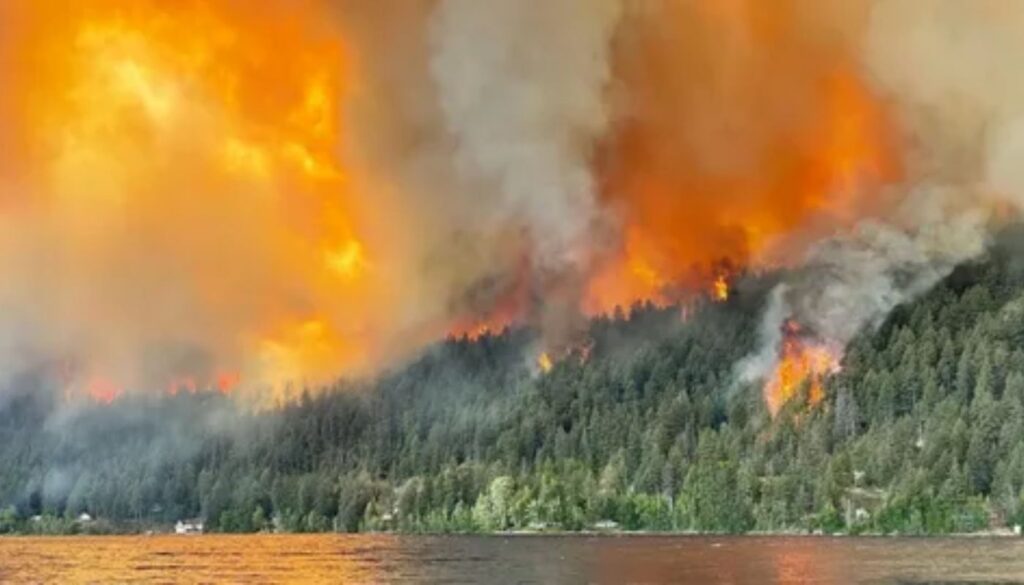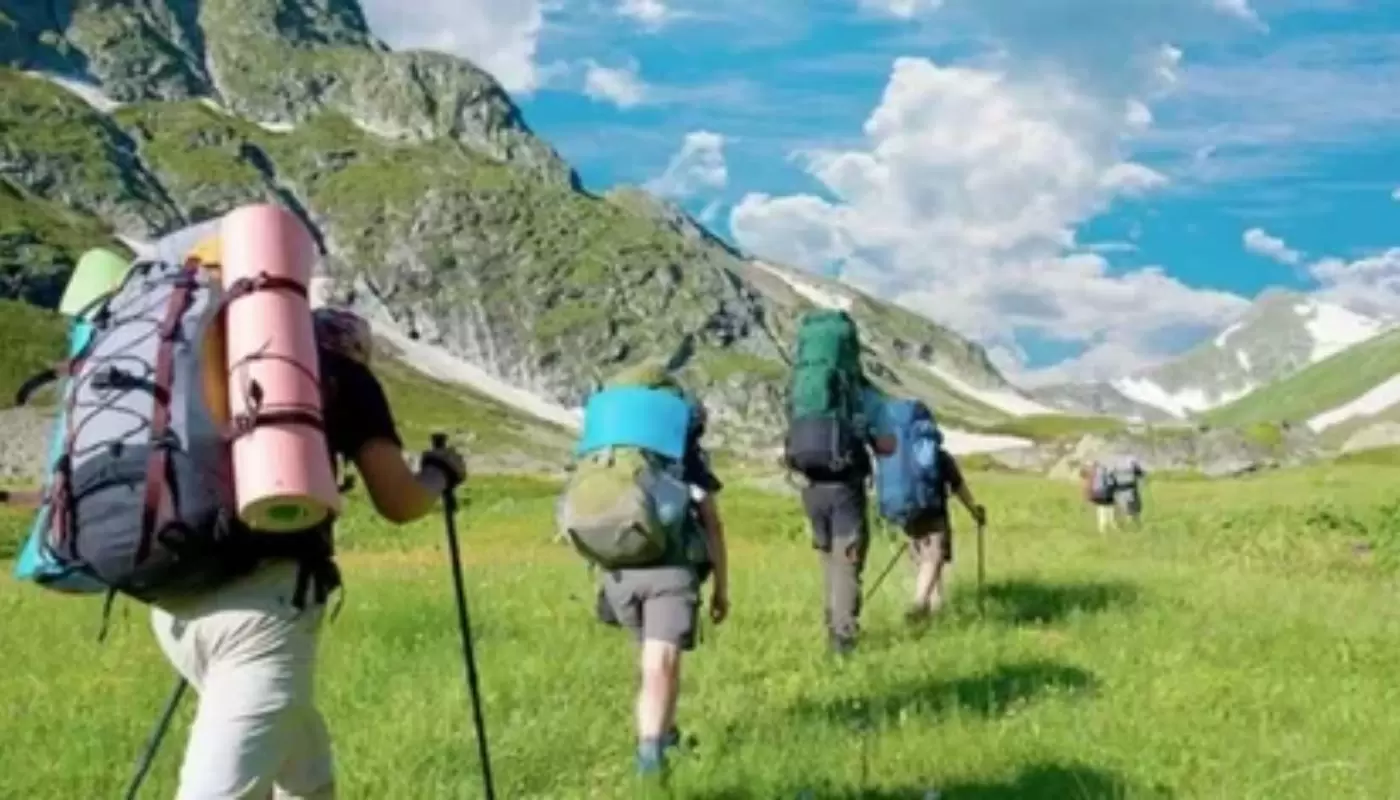The troubled teen industry has been under scrutiny for years, with various programs facing allegations of abuse and mistreatment.
One recent case that has garnered attention is the lawsuit against Bluefire Wilderness, a wilderness therapy program based in Idaho. This article will delve into the details of the lawsuit, its implications, and the broader impact on the industry.
Background of Bluefire Wilderness and Its Programs
Bluefire Wilderness, established in 2014, is a wilderness therapy program that caters to adolescents and young adults facing various emotional, behavioral, and mental health challenges. The program aims to help participants develop self-reliance, emotional regulation, and improved communication skills through outdoor experiences and therapeutic interventions.
Program Structure
Bluefire Wilderness offers programs lasting between 8 to 12 weeks, during which participants engage in:
- Outdoor survival skills training
- Individual and group therapy sessions
- Experiential learning activities
- Family therapy and communication workshops
The program claims to provide a nurturing environment where participants can address their issues away from the distractions of modern life, allowing for personal growth and healing.
Target Clientele
Bluefire Wilderness primarily serves adolescents and young adults aged 11 to 17 who struggle with:
- Depression and anxiety
- Substance abuse
- Behavioral issues
- Learning disabilities
- ADHD and other neurodevelopmental disorders
Parents often turn to wilderness therapy programs like Bluefire as a last resort when traditional therapeutic approaches have proven ineffective.
Allegations Against Bluefire Wilderness

The lawsuit against Bluefire Wilderness brings to light several serious allegations of mistreatment and abuse within the program. These claims have raised concerns about the safety and effectiveness of wilderness therapy programs.
Physical and Emotional Abuse
Multiple plaintiffs have come forward with accounts of physical and emotional abuse during their time at Bluefire Wilderness. Some of the allegations include:
- Forced hiking for extended periods without adequate rest or nutrition
- Denial of basic necessities such as food, water, and proper shelter
- Verbal harassment and humiliation by staff members
- Use of physical restraints as punishment
Neglect and Inadequate Medical Care
The lawsuit also alleges that Bluefire Wilderness failed to provide proper medical care and attention to participants, including:
- Ignoring complaints of physical pain or illness
- Failing to address pre-existing medical conditions
- Denying access to necessary medications
- Inadequate treatment for injuries sustained during program activities
Deceptive Marketing Practices
Plaintiffs claim that Bluefire Wilderness engaged in deceptive marketing practices by:
- Misrepresenting the qualifications of staff members
- Exaggerating the program’s success rates
- Downplaying the potential risks and hardships involved in the program
These allegations, if proven true, would constitute a significant breach of trust and violation of the duty of care owed to program participants and their families.
Legal Action Taken by Plaintiffs

The lawsuit against Bluefire Wilderness represents a concerted effort by former participants and their families to seek justice and accountability for the alleged mistreatment they experienced.
Class Action Lawsuit
The legal action takes the form of a class action lawsuit, allowing multiple plaintiffs with similar grievances to join forces in a single case against Bluefire Wilderness. This approach can be more efficient and cost-effective than individual lawsuits, potentially leading to broader systemic changes.
Damages Sought
The plaintiffs are seeking various forms of compensation, including:
- Monetary damages for physical and emotional trauma
- Reimbursement of program fees
- Coverage of medical expenses related to injuries or conditions resulting from the program
- Punitive damages to deter similar behavior in the future
Legal Grounds
The lawsuit alleges several legal violations, including:
- Negligence and breach of duty of care
- Intentional infliction of emotional distress
- Fraud and misrepresentation
- Violation of consumer protection laws
These claims form the basis of the legal action against Bluefire Wilderness and will be examined closely as the case progresses.
Response from Bluefire Wilderness
In the face of these serious allegations, Bluefire Wilderness has issued responses to address the claims made in the lawsuit.
Denial of Allegations
Bluefire Wilderness has categorically denied the allegations of abuse and neglect, stating that the claims are unfounded and misrepresent the nature of their program. The organization maintains that participant safety and well-being are their top priorities.
Commitment to Best Practices
In their public statements, Bluefire Wilderness has emphasized their commitment to following industry best practices and maintaining high standards of care. They claim to adhere to strict safety protocols and employ qualified staff members to ensure participant welfare.
Ongoing Compliance and Accreditation
Bluefire Wilderness has pointed to their ongoing compliance with state regulations and accreditation by relevant industry bodies as evidence of their commitment to maintaining high standards. They argue that these external validations demonstrate their dedication to providing safe and effective therapeutic interventions.
Willingness to Cooperate
The organization has expressed its willingness to cooperate fully with any investigations or legal proceedings related to the lawsuit. They maintain confidence that a thorough examination of their practices will vindicate them of the allegations.
Impact on the Troubled Teen Industry

The Bluefire Wilderness lawsuit is not an isolated incident but part of a broader pattern of scrutiny facing the troubled teen industry. This case has significant implications for the sector as a whole.
Increased Scrutiny
The lawsuit has drawn renewed attention to the practices of wilderness therapy programs and other interventions targeting troubled teens. This increased scrutiny may lead to:
- More rigorous oversight and regulation of such programs
- Enhanced transparency requirements for program outcomes and practices
- Greater public awareness of the potential risks associated with wilderness therapy
Industry Reform
The allegations against Bluefire Wilderness may catalyze broader reform within the troubled teen industry, potentially resulting in:
- Stricter licensing and accreditation standards
- Improved staff training and qualification requirements
- Enhanced monitoring and reporting mechanisms
- Development of industry-wide best practices and ethical guidelines
Shift in Public Perception
As more stories of alleged abuse and mistreatment come to light, public perception of wilderness therapy and similar programs may shift. This could lead to:
- Increased skepticism towards claims made by such programs
- Greater demand for evidence-based interventions
- A reevaluation of the role of wilderness therapy in treating adolescent mental health issues
Legal Precedent
The outcome of the Bluefire Wilderness lawsuit could set important legal precedents for similar cases in the future. A ruling in favor of the plaintiffs may:
- Encourage more individuals to come forward with their experiences
- Make it easier for future plaintiffs to pursue legal action against similar programs
- Establish clearer standards of care and liability for wilderness therapy providers
FAQs About the Bluefire Wilderness Lawsuit
- What is the main focus of the lawsuit against Bluefire Wilderness?
The lawsuit primarily focuses on allegations of physical and emotional abuse, neglect, inadequate medical care, and deceptive marketing practices.
- How long did the alleged mistreatment occur?
The lawsuit covers a period from 2014 to the present, encompassing multiple cohorts of program participants.
- What kind of compensation are the plaintiffs seeking?
Plaintiffs are seeking monetary damages for trauma, reimbursement of fees, coverage of medical expenses, and punitive damages.
- How has Bluefire Wilderness responded to the allegations?
Bluefire Wilderness has denied the allegations, emphasizing their commitment to best practices and willingness to cooperate with investigations.
- What potential impact could this lawsuit have on the troubled teen industry?
The lawsuit could lead to increased scrutiny, industry reform, shifts in public perception, and the establishment of legal precedents for similar cases.
Conclusion: The Importance of Proper Care and Oversight in Wilderness Therapy Programs
The Bluefire Wilderness lawsuit serves as a stark reminder of the critical importance of proper care, oversight, and accountability in wilderness therapy programs and the broader troubled teen industry. While these programs can potentially offer valuable interventions for struggling adolescents, the allegations highlighted in this case underscore the serious risks that can arise when proper safeguards are not in place.
As the legal proceedings unfold, it is crucial for all stakeholders – including program providers, regulators, parents, and participants – to engage in honest and transparent discussions about the future of wilderness therapy. This lawsuit may serve as a catalyst for much-needed reforms, leading to stronger protections for vulnerable youth and more effective, ethical approaches to addressing adolescent mental health challenges.
Ultimately, the Bluefire Wilderness case highlights the delicate balance between innovative therapeutic approaches and the paramount need to ensure the safety and well-being of young people in these programs. As the industry evolves in response to these challenges, it is hoped that a new standard of care will emerge – one that prioritizes the physical and emotional welfare of participants while still striving to achieve positive outcomes in their lives.
As the founder of TrustArmorInsurance, [Admin] the site in 2024 to offer reliable insurance solutions with a focus on trust and security. With a commitment to providing top-notch coverage and personalized service, TrustArmorInsurance aims to meet diverse needs with integrity and professionalism.











